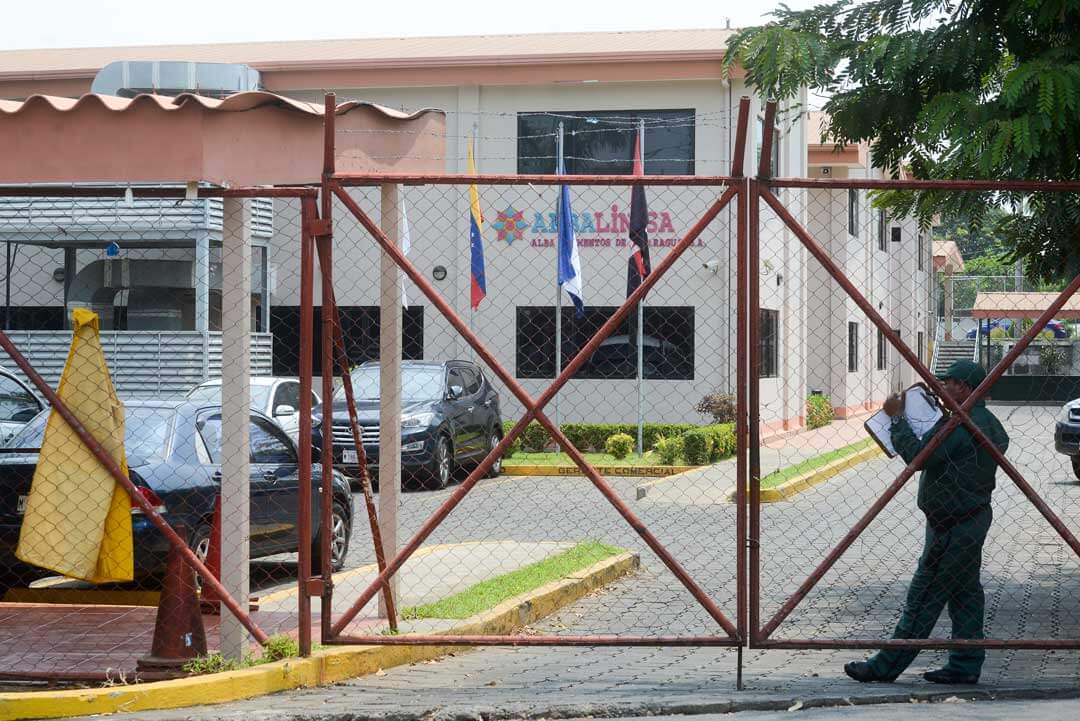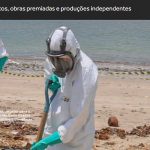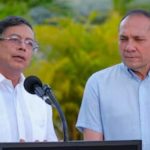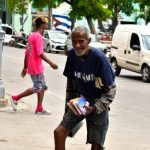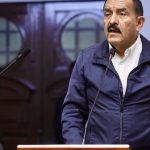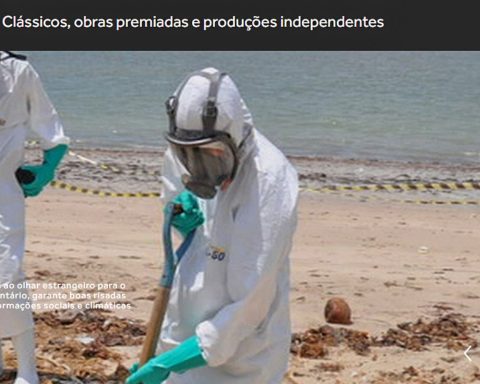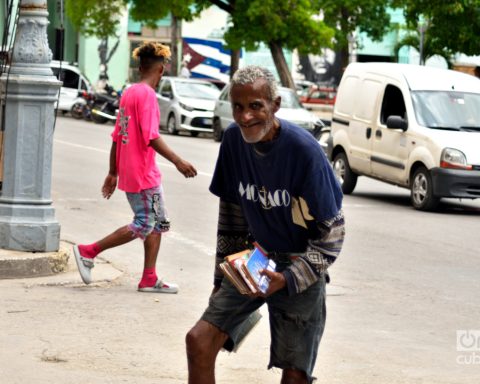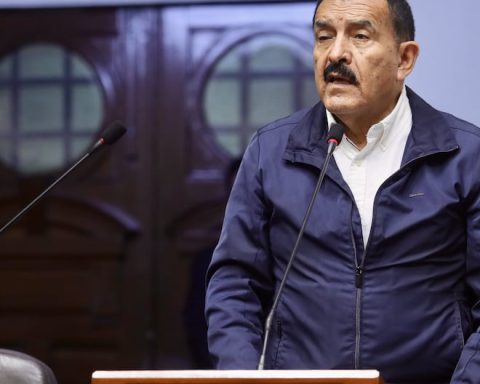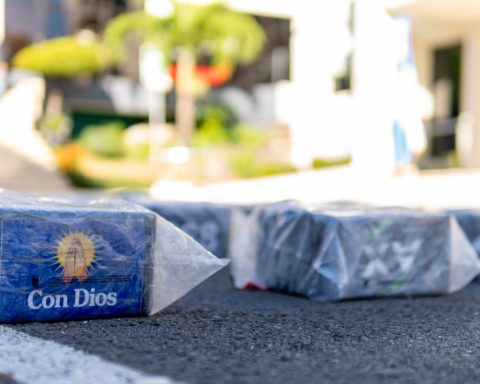The announcement of a voluntary retirement plan by the conglomerate ALBA de Nicaragua SA (Albanisa), for its workers at ALBA Generación, shows the effects of the US sanctions against that company, as well as the aging of the thermal plants with which they generated electricity, indicate sources in the sector.
Washington strengthened the siege against the businesses of the ruling family, when in March 2018, the United States Department of the Treasury reaffirmed the partners of the Nicaraguan Energy Chamber (CEN), the members of the Association of Private Banks of Nicaragua (Asobanp), and representatives of the oil companies UNO and PUMA, which all the sanctions imposed on PDVSA and its subsidiaries were still in force.
In January 2019, the US administration went further, apply direct sanctions against Albanisawhich had, among other consequences, the exclusion of the ‘Hugo Chávez’ and ‘Che Guevara’ plants from the electricity generation system.
Three years later, the economic situation of the company, which lost its income from the sale of electricity, led to the creation of a voluntary retirement plan, which offers twelve months of payment for seniority, instead of the maximum of five months that current legislation offers, to those who have worked six years in a company.
Added to that, the proportional vacation and Christmas bonus accumulated in February, “plus what is established in the collective agreement that is applicable to each worker.”
A circular dated February 17, 2022, and signed by the executive vice president of Albanisa, Major General Ramón Humberto Calderón, points to “external aggression” as the reason why the ‘Che Guevaras’ are no longer part of the market. national electricity, which “leaves them without income to cover their fixed costs.”
An industry source told CONFIDENTIAL that this is basically true, but that it avoids admitting that “these were plants that were already out of date, so that even before the sanctions, it was already very expensive to operate and maintain them.”
The internal document, which circulates on social networks, indicates that, “in general, for the rest of the plants it is impossible to ensure the logistics for their daily operation, which is gradually deteriorating their economic conditions.”
old plants
In 2007, the then president of Venezuela, Hugo Chávez, gave Daniel Ortega a battery of small power plants, with the capacity to generate around 300 MW of electricity, which work by burning fossil fuels.
This allowed, over time, ALBA Generación to become the first electricity provider in the country, despite the fact that the energy it delivered to the system was among the most expensive, which increased the profits of the presidential family, after Ortega will order the privatization of Venezuelan cooperation.
That decision represented millionaire income for the family conglomerate, calculated between 50 and 70 million dollars a year, so the US sanction against Petróleos de Venezuela SA (PDVSA), affected Albanisa and with it, the earnings of the Ortega Murillo family.
“There was nothing left”
Being the first sanctioned company implied for Albanisa to be the first entity to leave the business scheme of the Ortega regime. “There is nothing left of Albanisa but the name and the business they did. All those Alba companies that you heard practically do not imply anything in the country, with the exception of electricity generation companies. There, they are still the main market operator at the internal level”, affirmed a source from the private sector linked to the hydrocarbons sector in an investigation by CONFIDENCIAL on the sanctions against the regime’s companies.
Economist Enrique Sáenz notes that “Albanisa ended with the collapse of the oil agreement with Venezuela, which was what fed it.”
In his opinion, “that’s where that box was emptied. There the mystery is how those investments in which it was involved are, such as the campus where it was supposed to be made (the refinery) The Supreme Dream of Bolívar”. The project for which the late Hugo Chávez and Ortega laid the foundation stone in 2007, but it is only the refinery that wasn’t.
